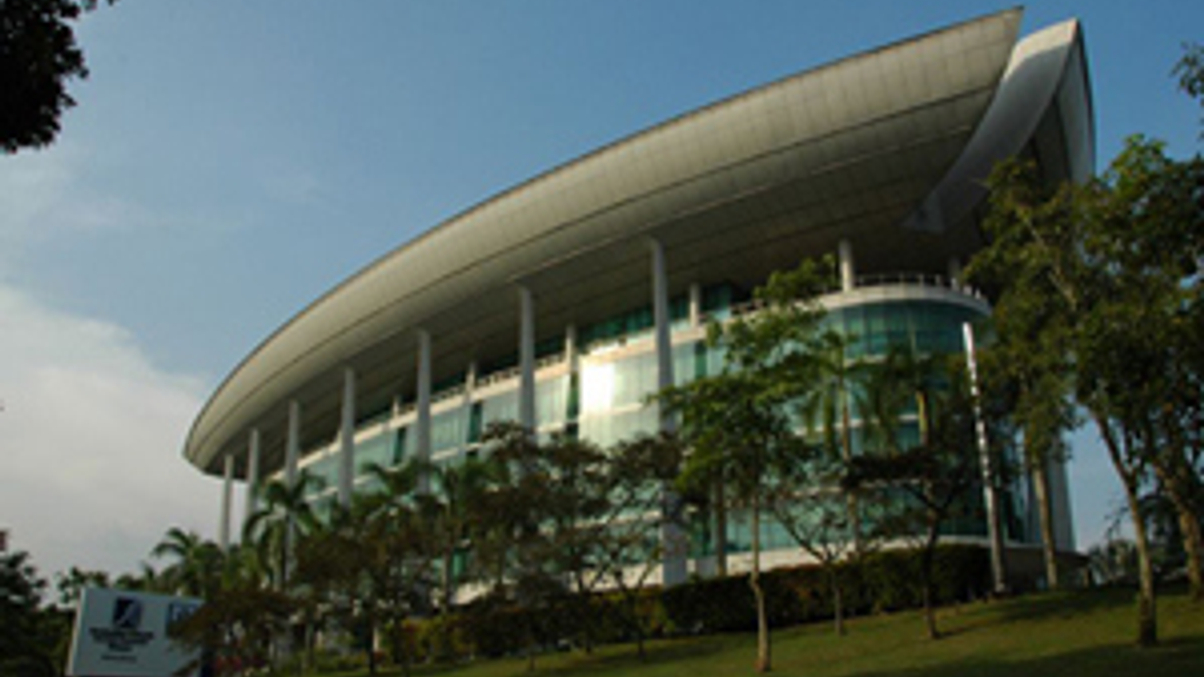Islamic, wholesale funds drive Malaysia AUM growth
The country's funds industry expanded amid tricky conditions last year, by Securities Commission figures, but investors are told to brace for lower returns in 2016.

Despite tough market conditions, Malaysia’s funds under management grew 6% last year to RM668 billion ($163 billion) from RM630 billion in 2014, according to the Securities Commission’s annual report. Among the main contributors to this were Islamic assets and the wholesale fund segment.
Sign in to read on!
Registered users get 2 free articles in 30 days.
Subscribers have full unlimited access to AsianInvestor
Not signed up? New users get 2 free articles per month, plus a 7-day unlimited free trial.
¬ Haymarket Media Limited. All rights reserved.


